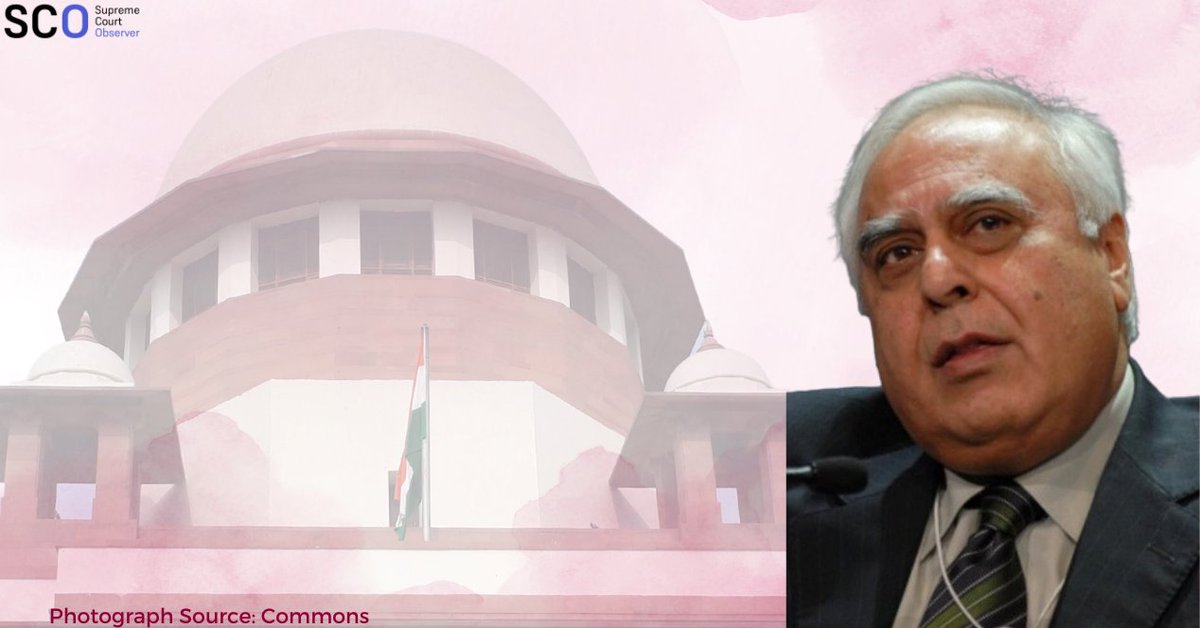Today, the Supreme Court will deliver its judgement on whether to stay the Waqf Amendment Act, 2025. Controversially, the Act removes ‘Waqfs by user’ and expands non-Muslim representation on Waqf boards. Our Matrix highlights the key contentions: scobserver.in/reports/consti…
A Bench led by CJI B.R. Gavai reserved judgement on 22 May after five days of hearings. Here’s a video summarising the case: scobserver.in/journal/should…
This is one of several key matters before the CJI Gavai-led Court, which is also expected to deliver the opinion in the Presidential Reference on gubernatorial assent to state Bills. More about the Court in our latest newsletter: scobserver.in/journal/coveri…
This commentary by Rutba Peerzada and Muhammad Mutahhar Amin argues that the amendment contains a few welcome elements of reform but, overall, tilts heavily towards political and bureaucratic control: scobserver.in/journal/change…
Follow this thread for live-updates! We will be updating our report through out the day. Find it here: scobserver.in/reports/consti…
CJI: We have held that presumption is always on the constitutionality of the statute. Only rarest of the rare cases it is stayed.
CJI: We have gone to the legislative history right from the 1923 Act up to now. We have considered prima facie challenge to each of the sections...and after hearing the parties we have found that case was not made out to stay entire provisions of the statute.
CJI: Clause (r) of Section 3. Provision that someone must be following Islam for at least five years is stayed. Without there being a mechanism such a provision would lead to arbitrary exercise of power.
CJI: Proviso that such property will not be treated as waqf property until report filed by designated officer shall stand stayed. An executive cannot determine the rights of the property. Until there is a finality to the findings of the officer, the possession or rights of the property will not be affected.
CJI: Upon commencement of inquiry...till the final determination. Subject to further orders of the High Court, no third property rights will be created.
• • •
Missing some Tweet in this thread? You can try to
force a refresh







